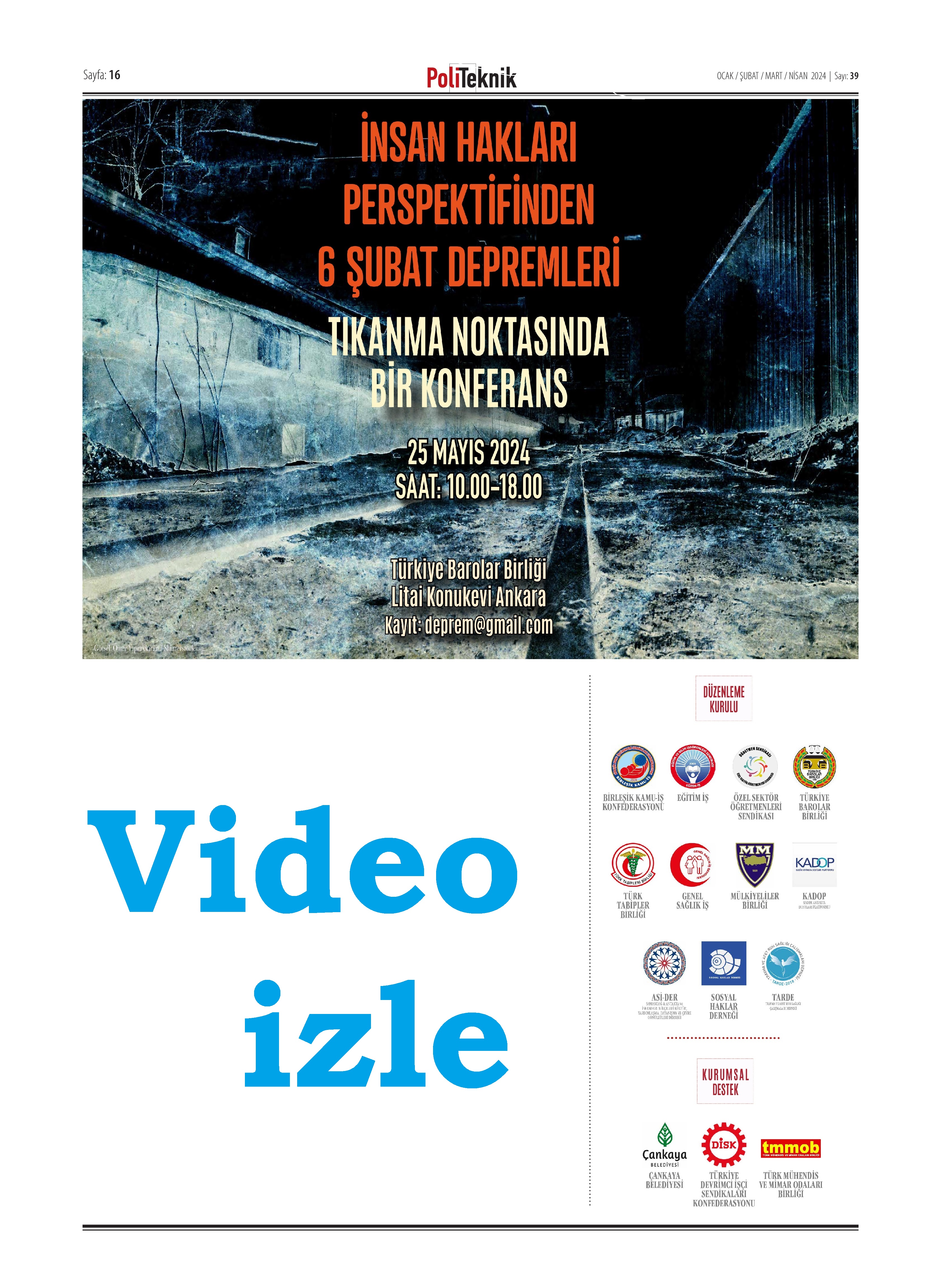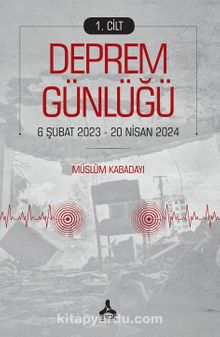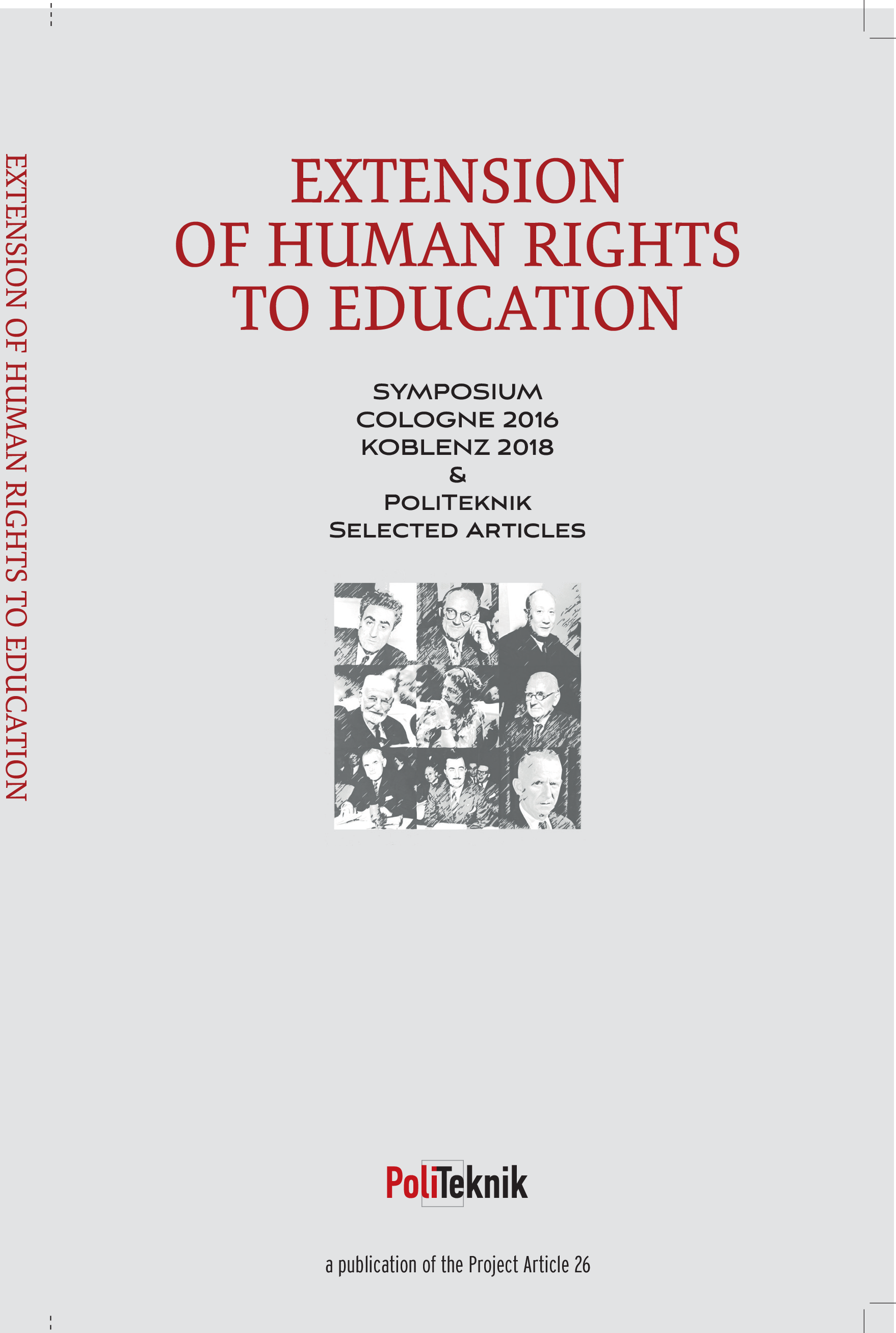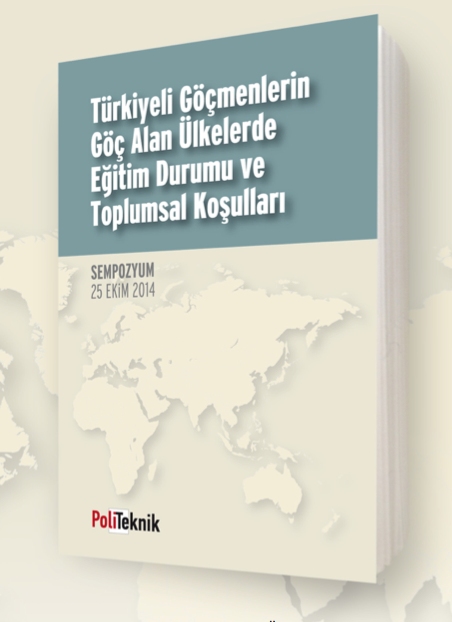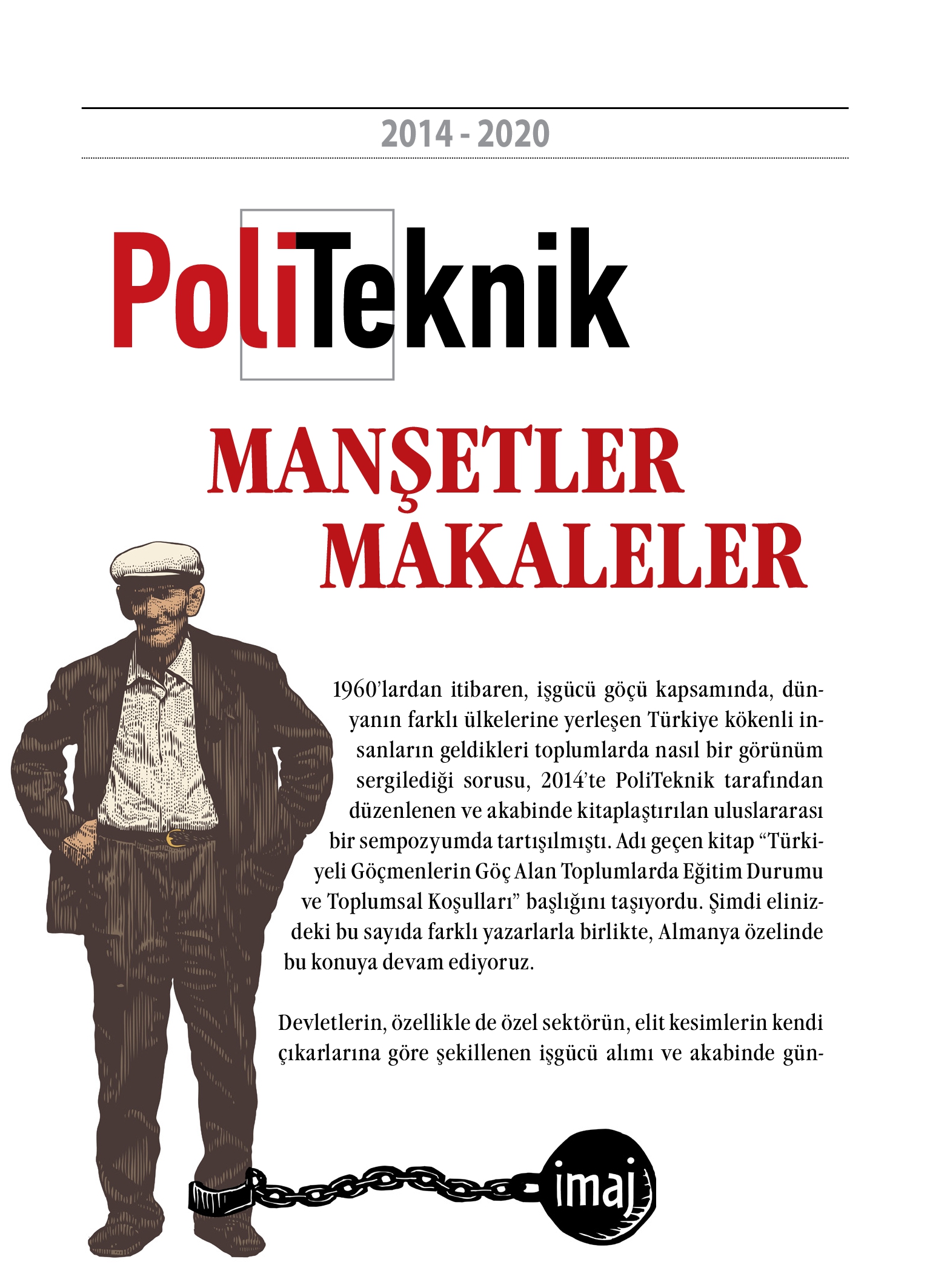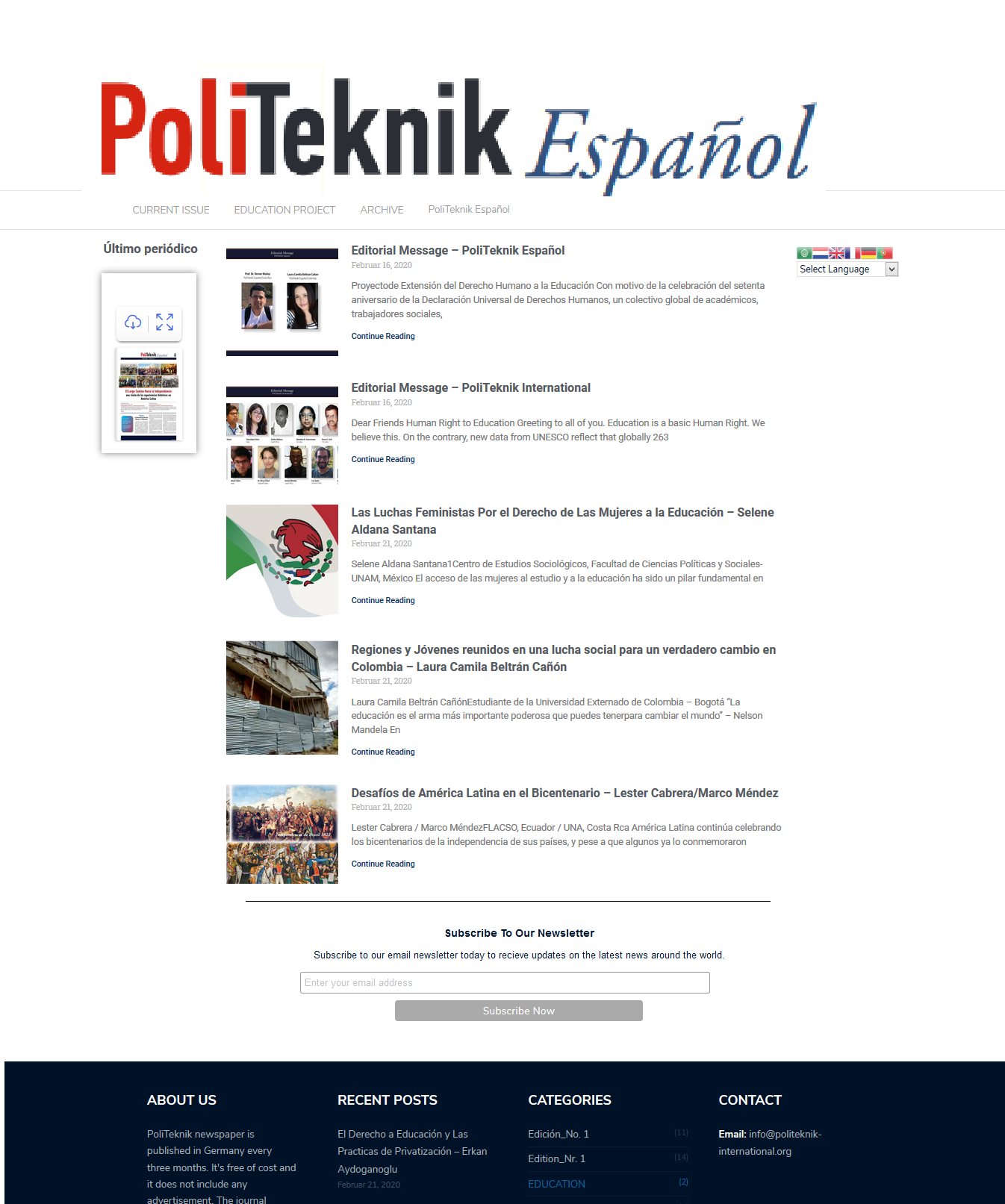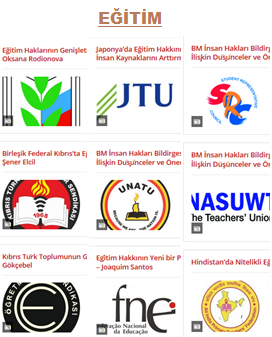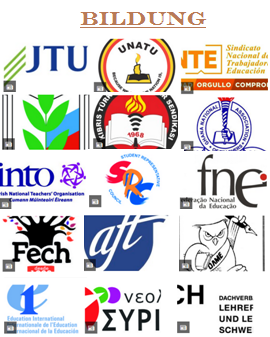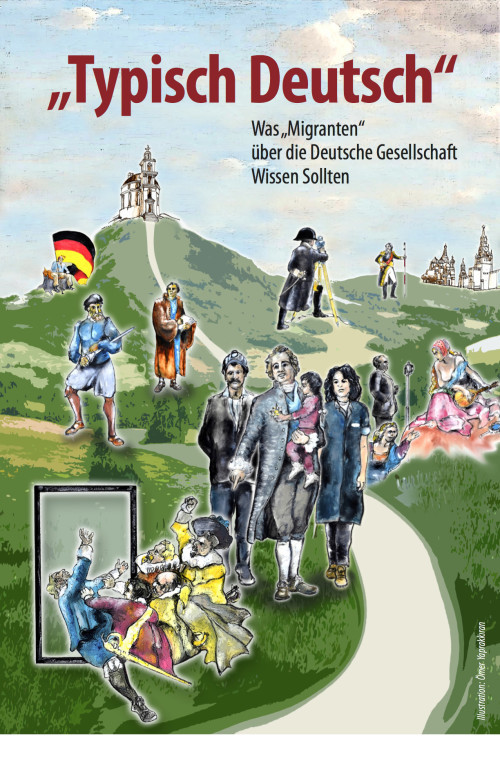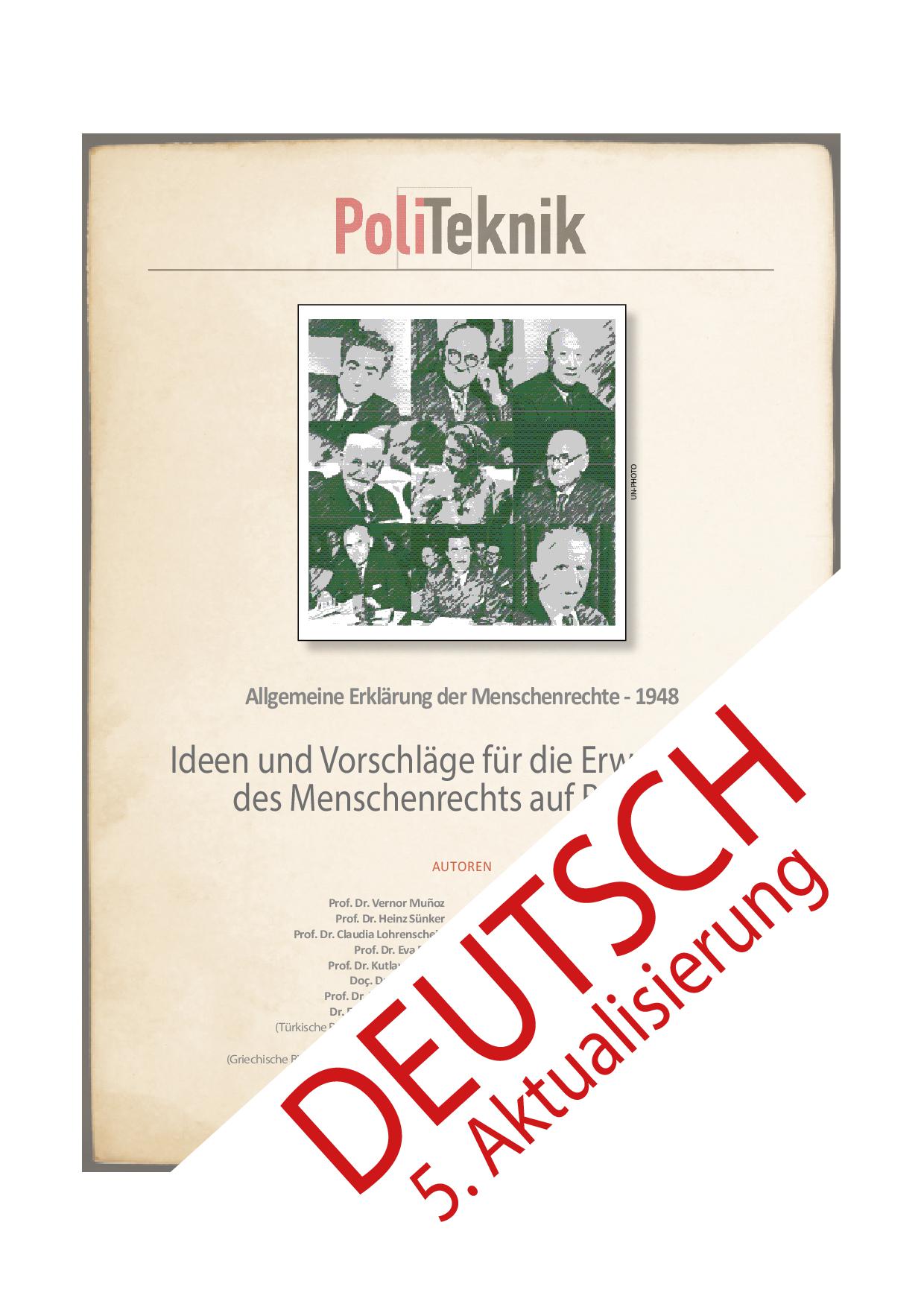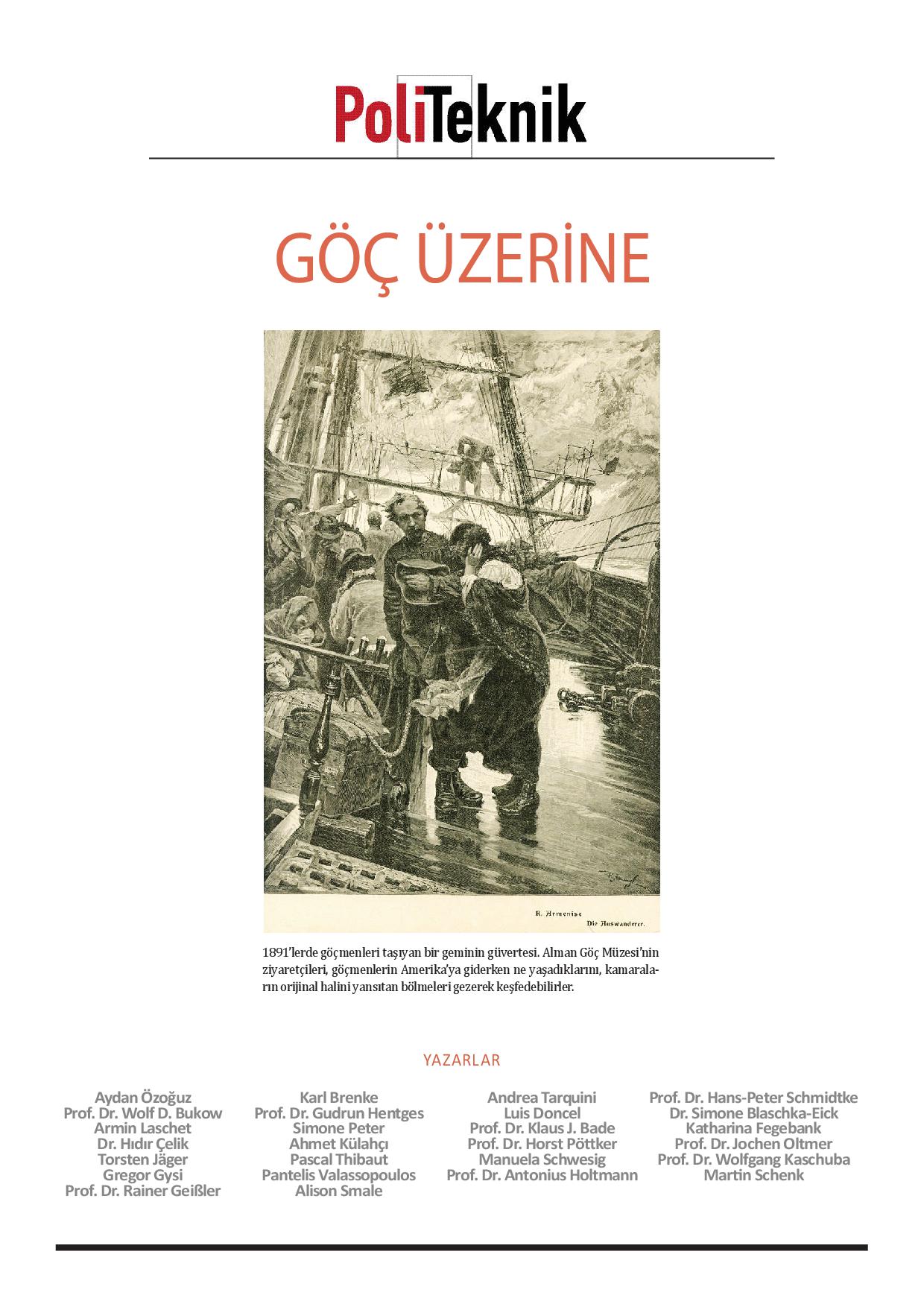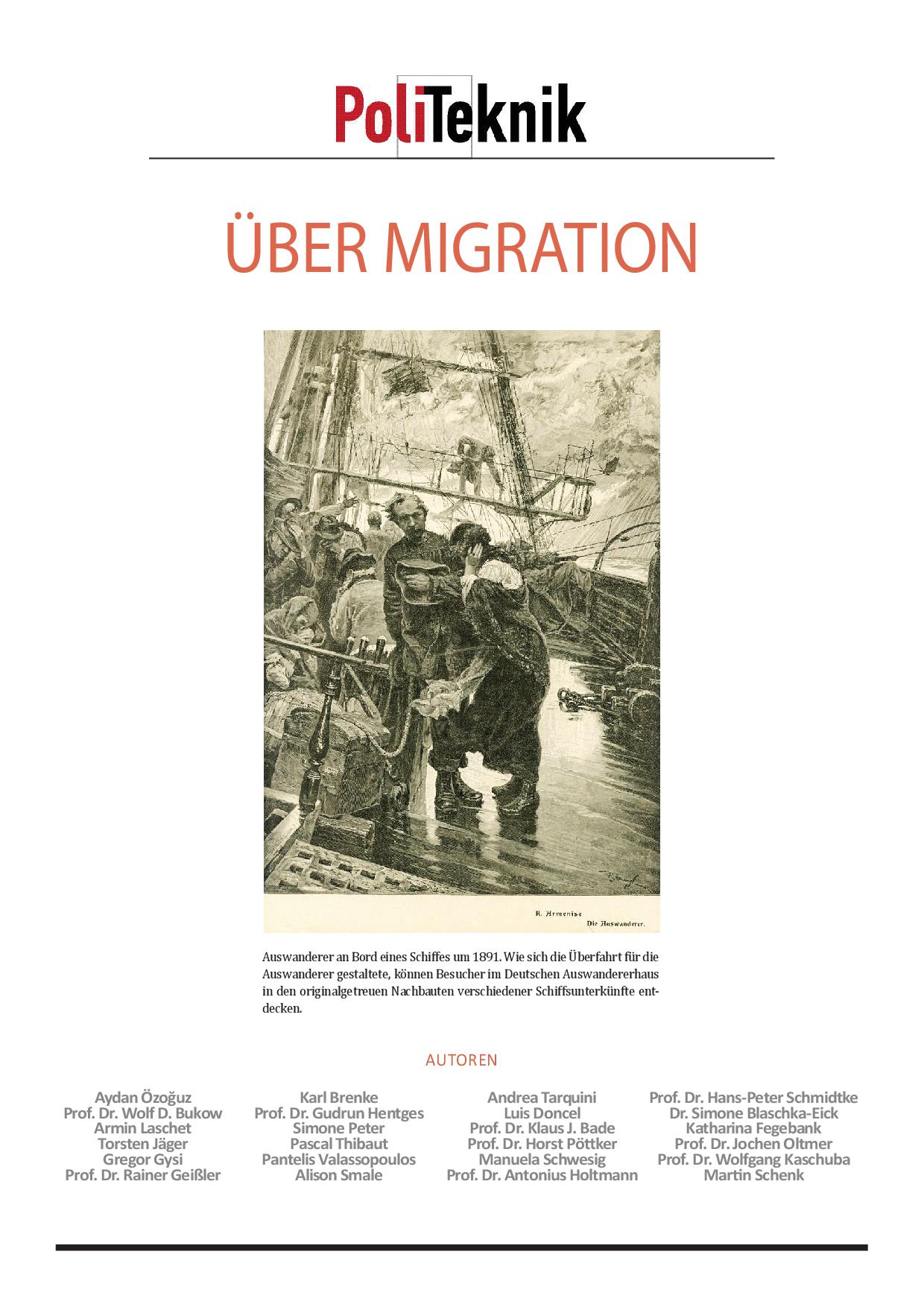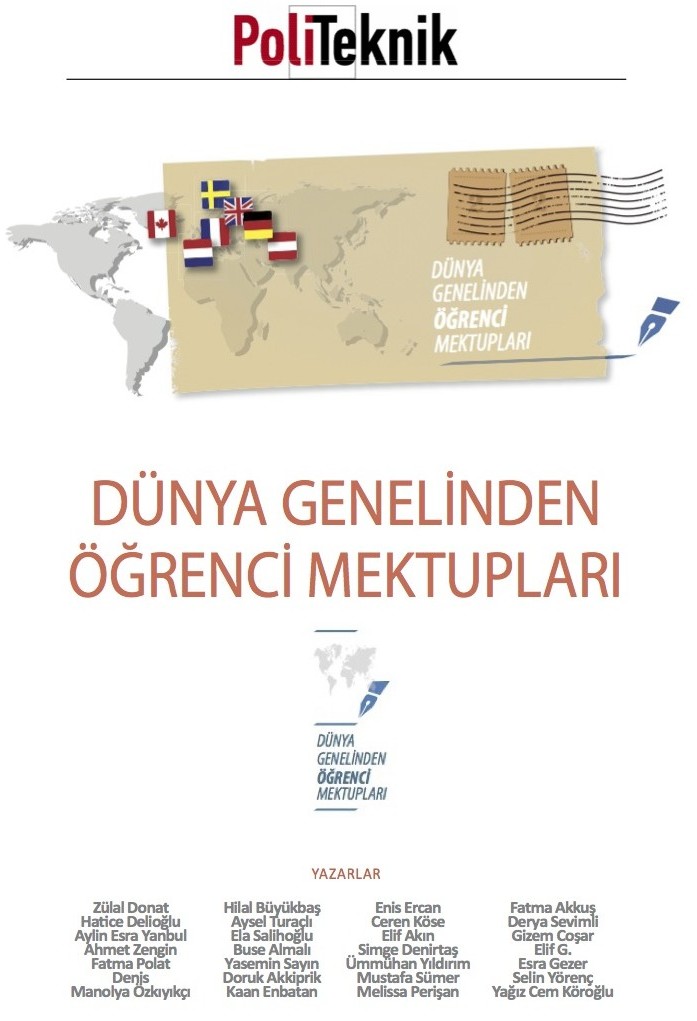The article was based on three questions about human rights and education.
Anita Mayara Carvalho Lopes (Universidade Federal da Paraíba – Campus I – João Pessoa – Brazil)
- Selected Question was No.3. Do you think your socioeconomic situation plays a role in access to higher education?
- Selected Question was No.6. Do you think the private sector has influence on the educational system in your country?
- Selected Question was No.13. How to ensure the right education for children at a personal and social risk in your country?
This study is the project of education in the education in the higher year, 2004, the most countries oversized the superior education, due to cotas and others social programs (PROUNI, FIES), to affirm that the socioeconomic condition does not influence or play a role in the access to higher education would be to omit the reality of many Brazilians, including mine, since my family did not live in good financial conditions and studying from seven to twelve was too difficult, coming the situation to change after we move into the house itself. Thus, I was able to study at a school closer to home, and I could enter the university in 2013, in the course of Pedagogy.
Therefore, it is important to understand the influence that the socioeconomic situation has on the access to higher education, becoming a difficulty or a facilitator. According to data from the Organization for Cooperation and Economic Development, only 14% of Brazilian adults have reached higher education1.
In this way, we move to another point, which discusses the influence of the private sector on the country’s educational system, making education a product for sale, where exorbitant values are charged, but the proposed objectives are not always achieved.
According to the CENSUS of Higher Education in 2016, almost 3 million students have entered undergraduate higher education courses. Of this total, 82.3% in private institutions2, which leads us to question why so many students in private education.
In terms of basic education, of the total number of schools, 21.7% are private. And, despite being considered “better” in relation to teaching-learning, private schools, according to the International Student Assessment Program study, “richer students in private schools did only slightly better than worse socioeconomic condition that they study in the public network”3, that is, even charging high-value tuition, the performance of the students of private schools had little difference of the students of public schools.
So how can we guarantee the correct education for children at a personal and social risk in the country?
The answer to this question is not simple, as we find ourselves in a situation of exclusion that is growing and becoming stronger, even more so under the influence of the current president of the country. guaranteeing a correct education, since it is being scrapped and its investments have been frozen for 20 years, according to PEC 241/554.
Faced with the dialogue points we can understand the deficit that our education still has in relation to higher education, basic education and private education, in which there are still people living on the margins of society, and their access to education denied. In this way, we, as educators and citizens, must continue in the struggle for change to take place in all spheres, making education not as a right but with possibilities for access and permanence for all.


